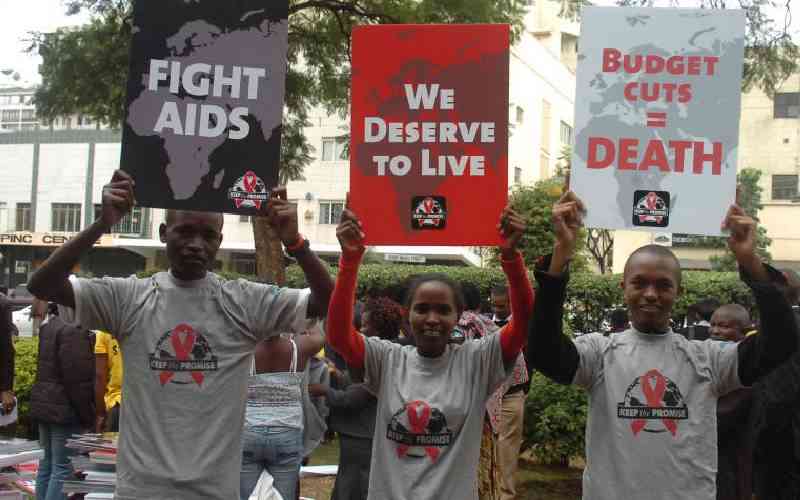
The elevation of Kenya to a middle income country raised our international status. Yet, good as that might be, it negatively impacted some aspects of the country's health services. Kenya's climb up from a low-income to a middle-income country took it out of the international donor funding bracket.
Funding for malaria, HIV and Aids, reproductive health, blood services, immunisation and tuberculosis is being phased out gradually and will stop in 2027. Unfortunately, long before the final pullout, the effects of the funding withdrawal are already being felt.